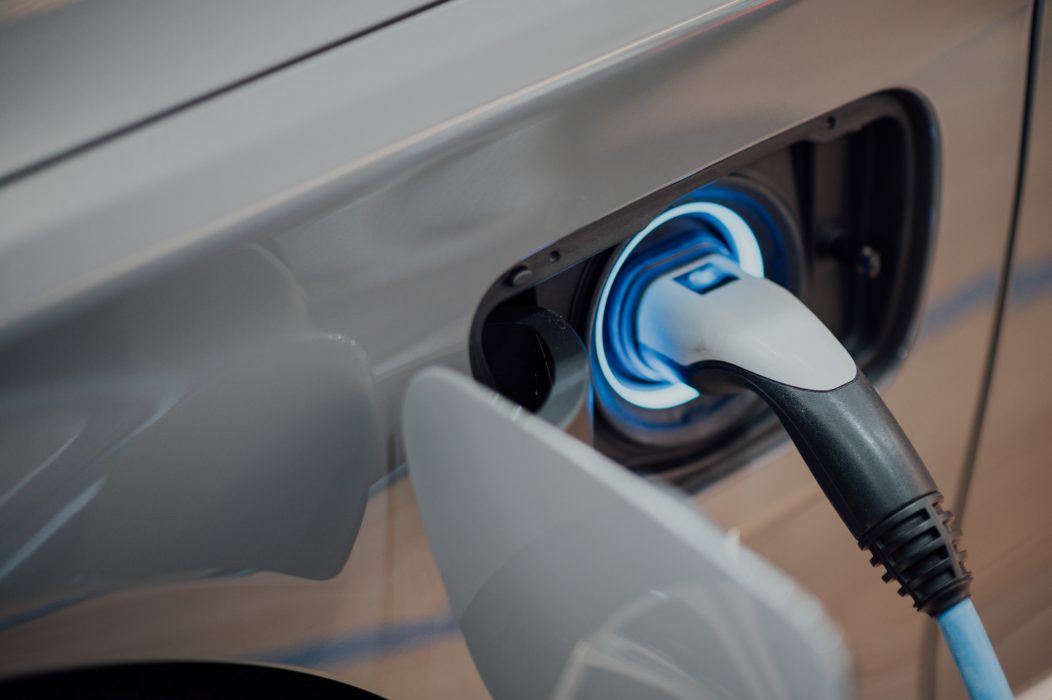
The Michigan Council on Future Mobility and Electrification is pushing for the Legislature to devote $45 million in the soon-to-be finalized state budget to replace public transit and school buses with electric vehicle operations.
Under the council’s request, as laid out by Clean Fuels Michigan Executive Director Jane McCurry, the $45 million would be used for the new electric school and transit buses, the charging infrastructure to refuel them and hands-on assistance available to public school districts and transit agencies throughout the state.
“As an organization with many members spanning much of the clean mobility space, I think it’s important to note how critical it is that we make proper investments in transit and school buses,” said McCurry at a virtual press conference Wednesday afternoon. “Transit and school bus fleets have long been underfunded and yet are one of the most promising opportunities for investing in vehicles that create benefits community-wide.”
Wednesday’s press conference came with the tagline: “Michigan kids deserve a clean commute to school.”
While McCurry’s proposal on behalf of the council zoomed in on both public transit and school buses, the core of Wednesday’s conversation was focused on shifting the traditional yellow-and-black, diesel-equipped school buses with electric operations.
Specifically, the discussion highlighted the U.S. Environmental Protection Agency’s (EPA) Clean School Bus Program, which will spend up to $5 billion nationally until the end of Fiscal Year 2026 and is offering $500 million in 2022 rebates for zero-emission and low-emission buses.
“This is a nationwide program that will provide more than $5 billion over the next five years to replace school buses with electric, propane and natural gas-powered buses. There are 297 school districts in Michigan that have been prioritized for funding under this program,” McCurry said.
Applications for the rebates close on Aug. 19, and districts can obtain up to $375,000 to fund an electric school bus and up to $20,000 to finance the new charging infrastructure.
Prioritization criteria from the EPA is circled around low-income areas and high-need school districts, like those where 20% or more students are residing in poverty based on 2020 estimates; rural districts and tribal community school districts.
According to Mac Dashney, the principal associate of the Pupil Transportation and Management Institute, the 13,000 diesel-powered school buses in Michigan transport 700,000 students to-and-from school each day.
“That is 50% of all of the children that attend school currently. Of those 800 school districts, seven school districts deploy 17 electric school buses,” Dashney said.
The districts participating in the shift include those from Gaylord, Ann Arbor, Roseville, Kalamazoo, Oxford Township, Zeeland and Three Rivers.
“What they all have in common is a cooperative effort in developing electric school buses. One of the things that always comes up is range and cold weather. All of our schools range in square miles (from) nine square miles in Roseville to 278 square miles in Gaylord,” Dashney said.
As well as participation in the EPA pilot program, the panel also called for the passage of Sen. Mallory McMorrow (D-Royal Oak)’s SB 859 and Rep. Christine Morse (D-Texas Twp.)’s HB 5721, which would permit school sinking funds to cover the purchase of electric school buses and accompanying infrastructure.
“At this point in the funding program, we’re trying to reduce any additional costs for school districts (to) be able to purchase electric school buses. Obviously, there is a higher upfront cost and there’s infrastructure charging costs that have to be considered,” said Charles Griffith, the climate and energy program director for the Ecology Center. However, Dashney did say districts interested in the EPA funding should start talking early with their utility providers to ensure buses would be charged in off-peak electric fee times.